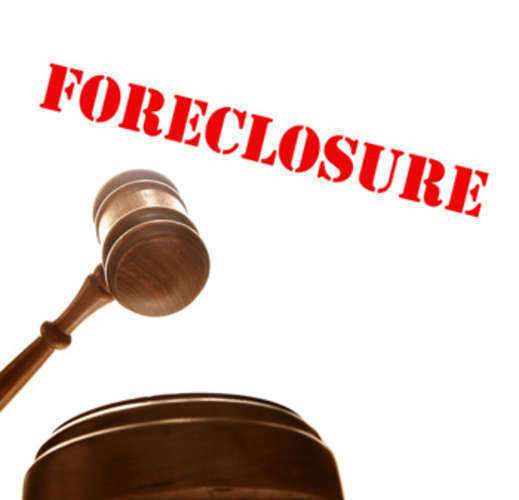What are Shared Ownership Properties

Shared ownership properties are those properties in which multiple property partners all hold some right of ownership towards the property. Shared ownership properties are also referred to as fractional ownership properties in some instances. Shared ownership properties are often split up in terms of shares, just as a company might be split up into shares, with some individuals owning more or less of a share to the shared ownership properties than do others.
However, in shared ownership properties, each of the property partners may have only some small share of the ownership of the entire property. Shared ownership properties are often appealing because the different property partners of shared ownership properties might have many of the benefits of ownership, albeit in a reduced form, while also having the responsibilities and problems of ownership, such as costs for the properties, being reduced and diluted.
In terms of real estate, shared ownership properties are often evidenced as timeshares, with the property partners being referred to as shareholders. Shared ownership properties might also be private clubs of some kind, where the property partners essentially buy some share of the clubs in order to have access to those clubs, which are otherwise exclusive. Friends and family members might choose to buy shared ownership properties as vacation homes for the entire family, as well, in a less business oriented type of shared ownership property.
Often, shared ownership properties for real property will involve the property partners sharing possession of the physical house or property such that each of the property partners will be able to use the house at different parts of the year.

















